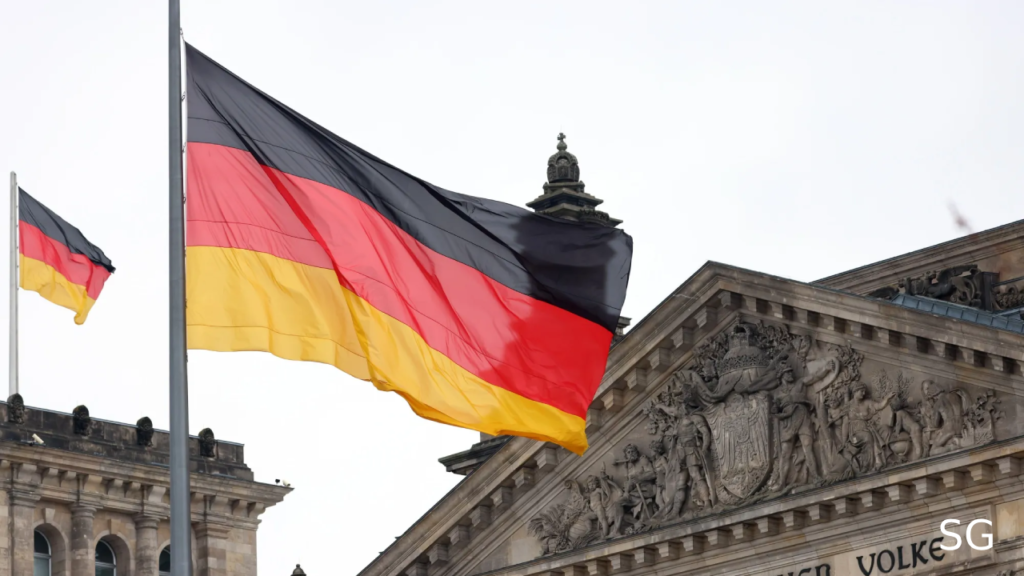Table of Contents

Germany Plans Historic Military Spending Surge
Defense Boom Sends European Stocks Soaring
The prospect of an unprecedented military spending boom in Germany since the Cold War has sent Europe’s defense stocks soaring. Reports indicate that Germany’s likely next government is considering a significant fiscal shift to boost defense and infrastructure investment.
Massive Investment Under Consideration
Defense contractors, including Thyssenkrupp, Hensoldt, Renk, Rheinmetall, BAE Systems, and Leonardo, saw their shares surge in double-digit percentages. This follows reports that the election-winning conservatives and the center-left Social Democrats are discussing debt-financed defense and infrastructure funds totaling nearly one trillion euros.
Neither party has confirmed the exact details, but discussions reportedly include a special defense fund worth 400 billion euros and an infrastructure fund worth up to 500 billion euros. If realized, the combined sum would equate to 20% of Germany’s GDP.
Government Officials Acknowledge Pressing Needs
Senior officials from both sides have emphasized the urgent need for investment. SPD General Secretary Matthias Miersch stated, “There is an enormous need for investment, and we won’t create consent for it if we just invest in defense. The two need to be considered together.”
Shifting U.S. Stance on European Defense
The discussions reflect growing concerns about the United States’ evolving position on European defense. President Donald Trump’s return to the White House has led to a cooling attitude toward backing NATO allies, with tensions highlighted by a recent clash between Trump and Ukrainian President Volodymyr Zelenskiy.
Fiscal Shift Comparable to German Reunification
According to Deutsche Bank, if the spending is spread over ten years, it would rival the financial investment made in East Germany following reunification. The scale of the proposed expenditure marks a historic fiscal policy shift.
Parliamentary Approval and Political Challenges
Reports indicate that an extraordinary parliamentary session may be called to secure the measure’s passage with backing from the Greens. However, after the new parliament is seated, the support of the defense-skeptical Left party will be required to reach the necessary two-thirds majority.
For decades, Germany has lagged in defense spending, remaining below NATO’s 2% GDP target until 2023. Chancellor Olaf Scholz’s “Zeitenwende” policy shift aimed to address this, but results have been limited.
Legal and Economic Considerations
The use of a special fund—a separate credit line—allows Germany to bypass constitutional spending caps. However, previous efforts to use such funds led to legal challenges, including a court ruling that contributed to Scholz’s government collapse. The state auditor has also called for stricter controls on their use.
Deutsche Bank predicts that the economic impact of the defense fund will be modest in the short term, as much of the spending will go toward imports. Conversely, the infrastructure fund, intended to modernize Germany’s aging public assets like bridges and railways, is expected to have a more significant domestic economic impact.
Long-Term Implications
If executed, this policy shift will mark one of Germany’s most significant economic and defense transformations since reunification. A stronger military stance could reshape power dynamics within NATO and the EU, potentially reducing Europe’s reliance on the U.S. for security.
“Germany Plans Historic Military Spending Surge” “Germany Plans Historic Military Spending Surge” “Germany Plans Historic Military Spending Surge” “Germany Plans Historic Military Spending Surge”